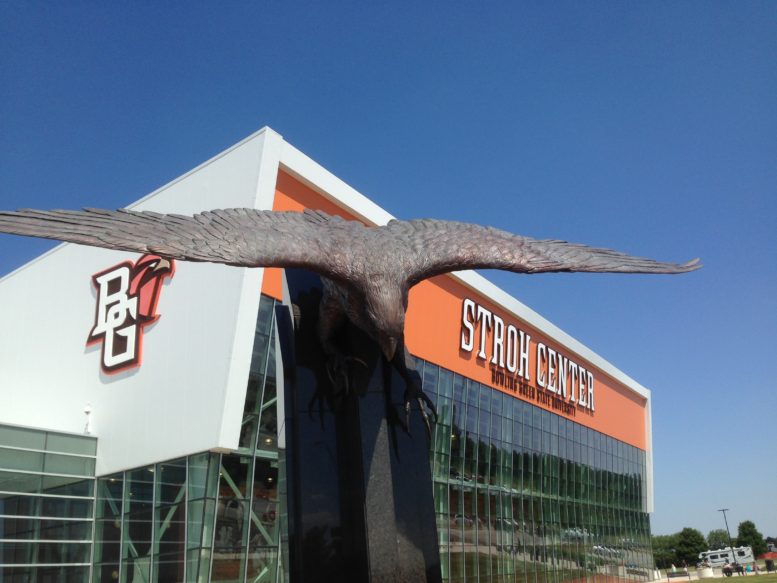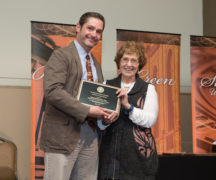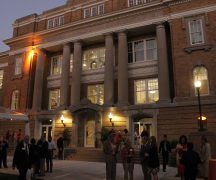By DAVID DUPONT
BG Independent News
We Are One Team has upped its game when it comes to enlisting student athletes in the efforts to promote inclusion and diversity on campus.
The initiative, which was launched by German graduate student Yannick Kluch and a couple other students in January 2016, is now offering Bowling Green State University students athletes the chance to earn a leadership certificate with an emphasis on diversity and inclusion.
“One of the challenges we faced is to get student athletes involved,” he said. Some programs especially women’s sports and men’s soccer have been on board since the beginning. Athletes “are so busy with sports and studies. We decided it would be a good idea to have a certificate program that they could apply and have something to put on their resume, something related to them as student athletes.”
WA1T reached out to the Center of Leadership, which already has a program in place. Kluch said WA1T tailored it to fit the concerns of student athletes.
One of those signing up is Mandy Washko, a swimmer and vice president of WA1T. She’s been involved in WA1T since last year, and sees the importance for herself and her fellow athletes
“Often inclusion and diversity pushed on us,” she said. This is a way to encourage student athletes to become leaders.
Teams typically have people from all over the country and even the world. To be a team leader, she said, she has to understand other people and their experiences.
The training Yannick said will help student athletes reflect on their own identities. They are seen, he said, through their roles as athletes, but they are much more.
“We wanted to focus on that they are more someone’s identity than being a student athlete,” Washko said.
“This is about breaking down stereotypes,” Kluch said.
Kluch, who will co-teach the course, said the nine sessions spread out over the academic year will cover issues such as micro-aggressions and media literacy.
Washko said the discussion and reflection on what happens within the team will “rub off on others and have a broader impact.”
Chet Hesson, assistant athletic director for academic and student services, said the Athletic Department values the effort. It’s important that the program has the backing of the university behind it.
“We want to make sure it’s an ongoing process, not just a speaker once a year,” Hesson said. “This way we can weave it into the dialogue with the student athletes.”
The first class will include 21 student athletes with representations from a range of sports. They had to apply, Kluch said, including writing essays about why they wanted to be part of the inaugural class.
This was a way of gauging their commitment.
He considered such a program last year, but felt WA1T needed to establish itself on campus.
WA1T has done more than that, earning national recognition from the NCAA.
Kluch is ready to graduate with his PhD in Media and Communication in May and he’s optimistic about WA1T’s future. “At this point I’m confident this will survive. We’re ready to pass it off to the next generation of leaders.”





